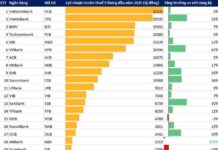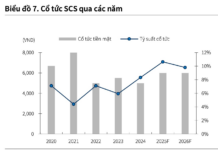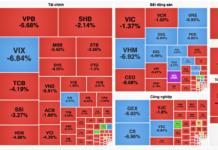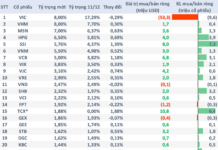Proposal to Add 3 Cases of State Land Revocation
At the meeting on amending the Land Law on the afternoon of August 29, the Ministry of Agriculture and Environment proposed to eliminate the commune-level land use planning and retain only the commune-level land use plan based on allocation indicators from the provincial level (Option 2).
This approach aims to streamline procedures, avoid overlaps, and enhance unity from the top down.
Regarding land revocation regulations, the draft law adds 3 cases where the state can revoke land for socio-economic development in the national and public interest.
This includes key and urgent projects; stalled projects due to disagreements with residents; and allowing land revocation before approving compensation, support, and resettlement plans if more than 75% of residents agree, expediting project progress while ensuring the remaining households’ rights.
Regarding financial mechanisms and land prices, the Ministry proposed using the land price list and price adjustment factors as a basis for financial obligations and compensation when the state revokes land. They also suggested adding technical infrastructure costs to the price determination method.
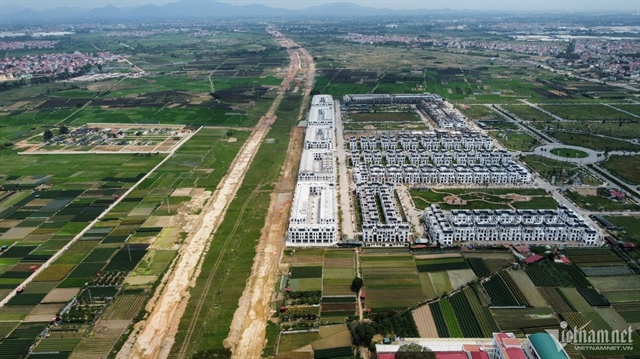
According to the Ministry of Agriculture and Environment, this amendment focuses on immediately addressing legal bottlenecks and improving inconsistencies. Photo: Hong Khanh |
The draft law has synchronized the decentralization and delineation of land revocation authority with the authority to allocate, lease, and convert land use purposes among different levels. It also reduces procedures for land-use right certificates, auctions, and land-use projects.
The amended Land Law is expected to clearly define the responsibility for completing the national land information system by 2026. This system will serve as an essential foundation for integrating and connecting land data with demographic, financial, and real estate market databases, contributing to transparency and modernization in management.
Recommending Distinguishing Land Within and Exceeding Quota to Reduce Costs for People
At the conference, representatives from various agencies provided feedback on multiple contents, including land revocation, land leasing, and price tables.
The representative of the Ho Chi Minh City People’s Committee suggested eliminating the five-year land use plan at the commune level. Instead, localities should adhere to urban and rural planning regulations.
Similarly, Mr. Nguyen Ngoc Phuc, Vice Chairman of the People’s Committee of Lam Dong province, opined that applying a stable land price table for five years and adjustment factors must be based on practical data reflecting price fluctuations in each area. This reduces calculation pressure and ensures project efficiency.
Additionally, the land price fluctuation factor should be determined based on market data rather than a mechanical application. Simultaneously, consider the option of paying land money once for the entire project life cycle to facilitate businesses and management agencies.
Meanwhile, Mr. Le Hoang Chau, Chairman of the Ho Chi Minh City Real Estate Association, recommended that the annual land price table and adjustment factors distinguish land within and exceeding the quota to reduce costs for households and individuals.
He proposed allowing investors to adjust the land use duration when repurchasing projects with a short remaining period and mechanisms for dealing with land of state-owned enterprises after equitization.
Ho Chi Minh City representatives also suggested that the amended Land Law permit public service units to lease land and pay annual fees. They recommended shortening the notification period for land revocation and issuing it simultaneously with the investment proposal approval. For urgent and critical projects, the city proposed a 30-day period for public display, feedback collection, and dialogue with affected residents, instead of waiting until the end of the current period to implement it.
According to the proposal by the Ministry of Agriculture and Environment, the amended Land Law is expected to take effect on January 1, 2026.
Hong Khanh









